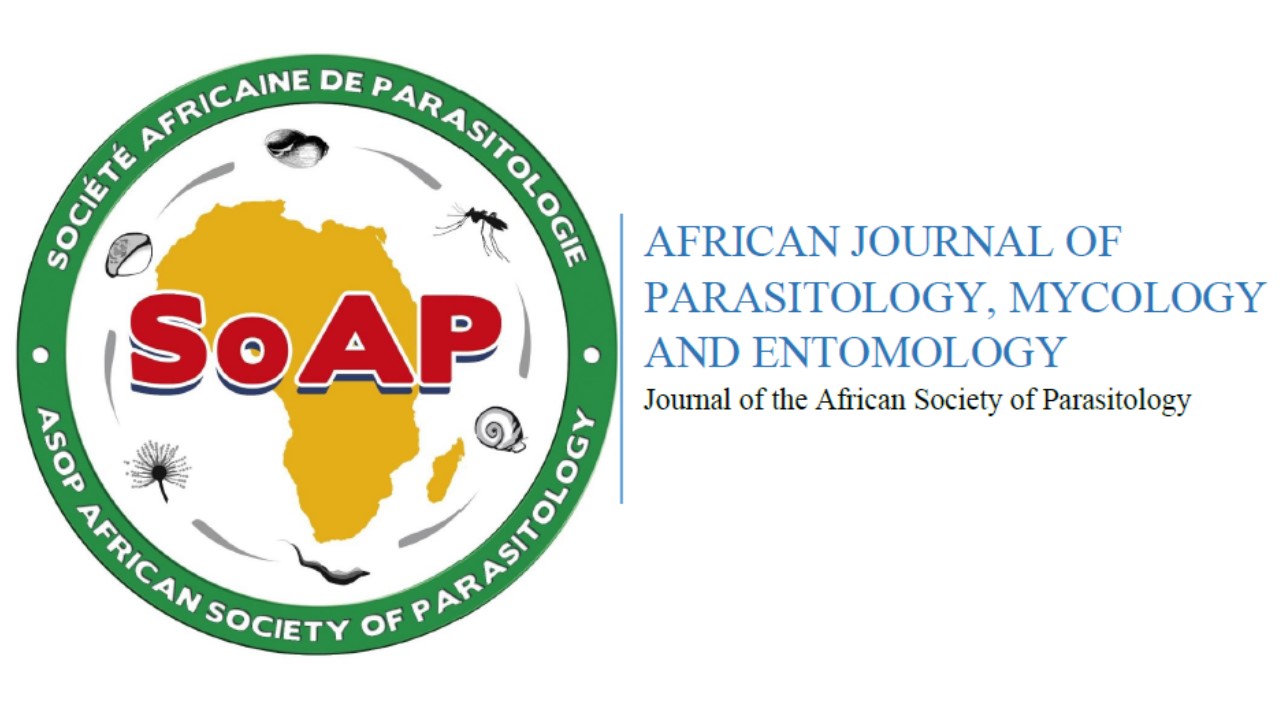Human Genetic Factors as Determinants of Resistance to Malaria: A systematic Review
1 Malaria Research and Training Center, Department of Epidemiology of Parasitic Diseases, FMOS-FAPH, USTTB, Bamako PB1805, Mali; (B.F.); (A.O.)
2 Center for Vaccine Development and Global Health, University of Maryland School of Medicine, Baltimore, MD 21201, USA;
* Corresponding author:
* Author to whom correspondence should be addressed.
Received: 19 Jan 2023 / Accepted: 12 Jun 2023 / Published: 15 Jun 2023
Abstract
Introduction: Malaria is one of the strongest known forces of evolutionary selection in the recent history of the human genome, having had important implications in human adaptation and in the response to its infections. The objective of this systematic review was to provide an update on human genetics that have been described as affecting the human susceptibility to malaria around the world and particularly in Africa. Methods: Through world wide web research vectors and using PubMed and Google Scholar, we reviewed relevant original articles, review papers, short reports, and peer-reviewed papers on human genetics factors described as related to human susceptibility to malaria. Here, we reviewed the literature on human genetic polymorphisms associated with protection from Plasmodium infections and/or disease. Results: After reviewing and summarizing 140 manuscripts, we found that several factors appeared to hamper an effective control of malaria, including the complex biology of Plasmodium parasites, parasite genetic diversity, environmental factors, resistance to antimalarial drugs, and the lack of a highly effective vaccine for public health use. Although the cellular and molecular regulatory mechanisms underlying the pathogenesis of disease are still not fully understood, it is well-established that genetic determinants of the host play an important role in the outcome of infection and the severity of the disease. Conclusions: The interaction between malaria parasites and humans has led to the selection of several inherited traits conferring protection against malaria, such as hemoglobinopathies, enzymopathies, and immunogenetic variation, whilst others’ polymorphism describes susceptibility to the infection.
Keywords: genetic factors; resistance; selection; adaptation; malaria
OPEN ACCESS
This is an open access article distributed under the Creative Commons Attribution
License which permits unrestricted use, distribution, and reproduction in any medium,
provided the original work is properly cited. (CC BY 4.0).
CITE
Fofana, B.; Takala-Harrison, S.; Ouattara, A.; Djimdé, A. Human Genetic Factors as Determinants of Resistance to Malaria: A systematic Review. ajpme 2023, 1, 6.
Fofana B, Takala-Harrison S, Ouattara A, Djimdé A. Human Genetic Factors as Determinants of Resistance to Malaria: A systematic Review. African Journal of Parasitology, Mycology and Entomology. 2023; 1(1):6.
Fofana, Bakary; Takala-Harrison, Shannon; Ouattara, Amed; Djimdé, Abdoulaye. 2023. "Human Genetic Factors as Determinants of Resistance to Malaria: A systematic Review." ajpme 1, no. 1: 6.
Not implemented
SHARE
